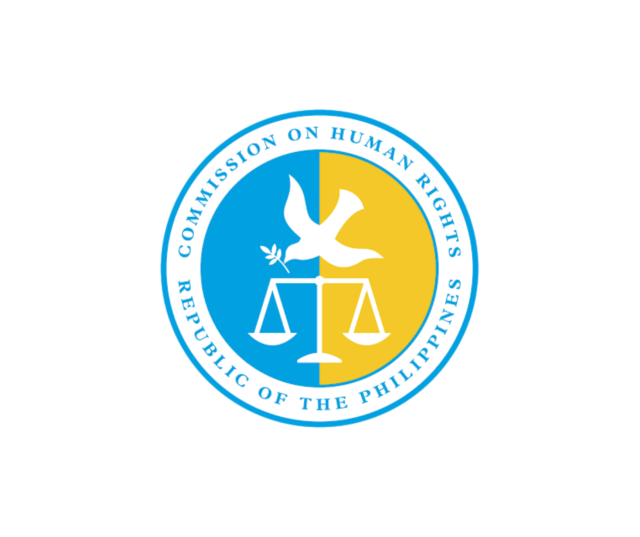AT THIS stage of coronavirus disease pandemic, the Philippines is witnessing an upsurge of confirmed cases with the Department of Health tallying over a thousand coronavirus infections for a number of consecutive days. The growing number of Covid-positive individuals adds to the increasing challenge that beset our health systems with some hospitals already reaching critical levels of designated beds and facilities for Covid patients. In this context, the Commission on Human Rights recognizes the efforts of the government in addressing this issue through the implementation of more proactive contact tracing efforts to help address the growing health problems in the country.
However, as the Commission has previously stressed, protecting public health must not come at expense or the diminution of other rights. The human rights principle of interdependence and interrelatedness makes clear that the fulfillment of one right often depends, either wholly or in part, upon the fulfillment of others. Thus, the fulfillment of the right to health may depend, in certain circumstances, on the right to privacy or to the right to be secure in one’s own home.
The recent pronouncement of the government—to assign state security forces, police officers and local government unit representatives, to conduct house-to-house searches to look for and transfer Covid-19 patients under home quarantine to isolation facilities managed by the government—is susceptible to overreach in terms of guaranteeing the right to privacy and right of individuals to be secure in their abode.
Republic Act No. 11332, the law on reporting communicable diseases, guarantees the right to privacy and provides that collected data must solely be used for public health concerns only. The use of personal information as part of contact tracing efforts should only be done in accordance with the Data Privacy Act, while clear implementing rules and regulation on contact tracing efforts of the government must be in place to ensure that the release of private data to contact tracers is done for public health reasons only.
On the search and transfer of Covid-19 patients under home quarantine to isolation facilities managed by the government, it is worth noting that the Constitutional right of people to be secure in their houses, papers, and effects is inviolable and makes illegal the forcible entry, search, arrest, and seizure of individuals inside the safety of their homes without a determined probable cause. Thus, forcible entry and transfer of an individual to an isolation facility under the guise of health and safety must be avoided.
In our efforts to prevent the prolonged spread of the pandemic, we urge the government to be more circumspect in enacting contact tracing actions and refrain from utilizing sweeping measures that may lead to the diminution of the rights of individuals. As all human rights are interrelated and interdependent, the protection of all rights must be balanced.
(CHR statement on Covid-19 measures that impact the right to privacy and constitutional right to be secure in one’s house)





